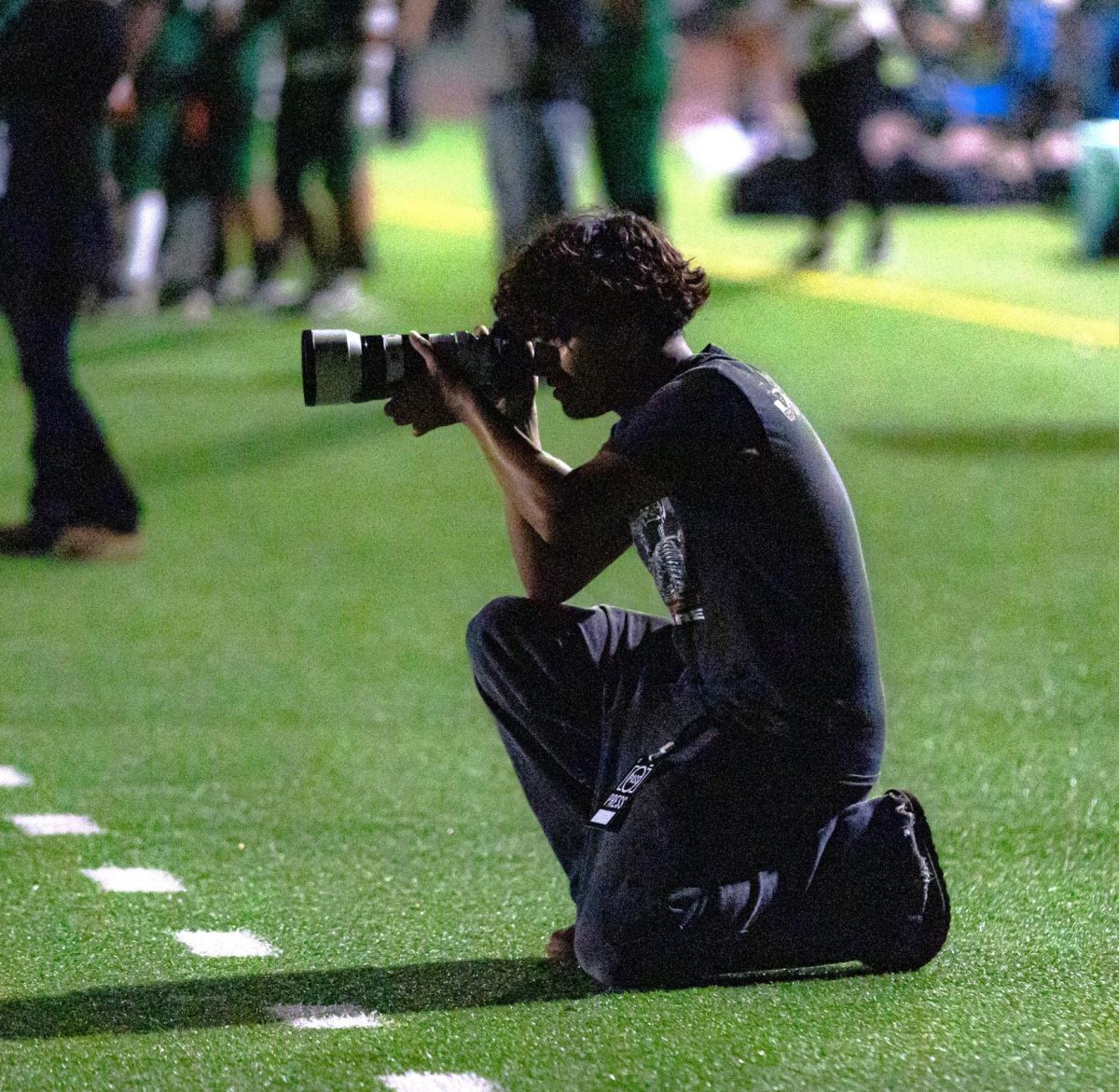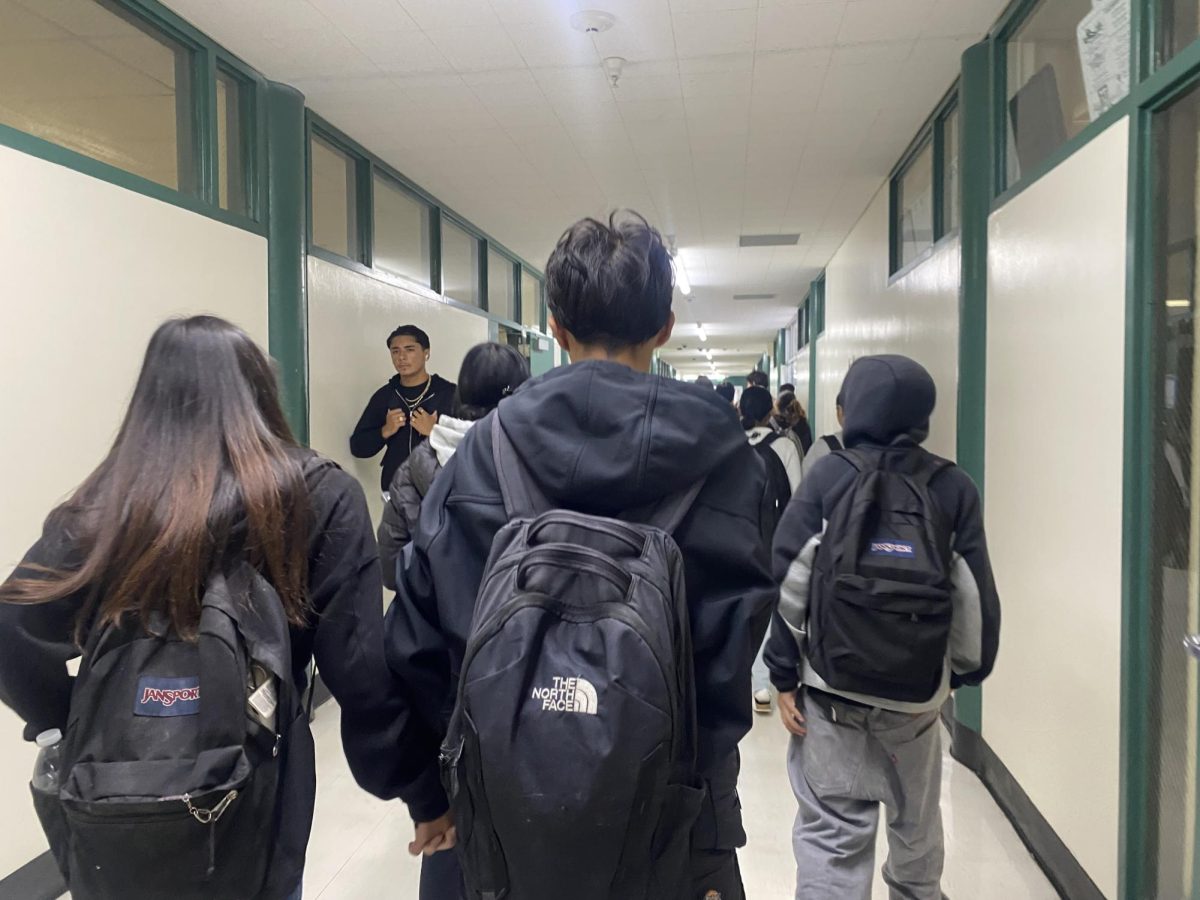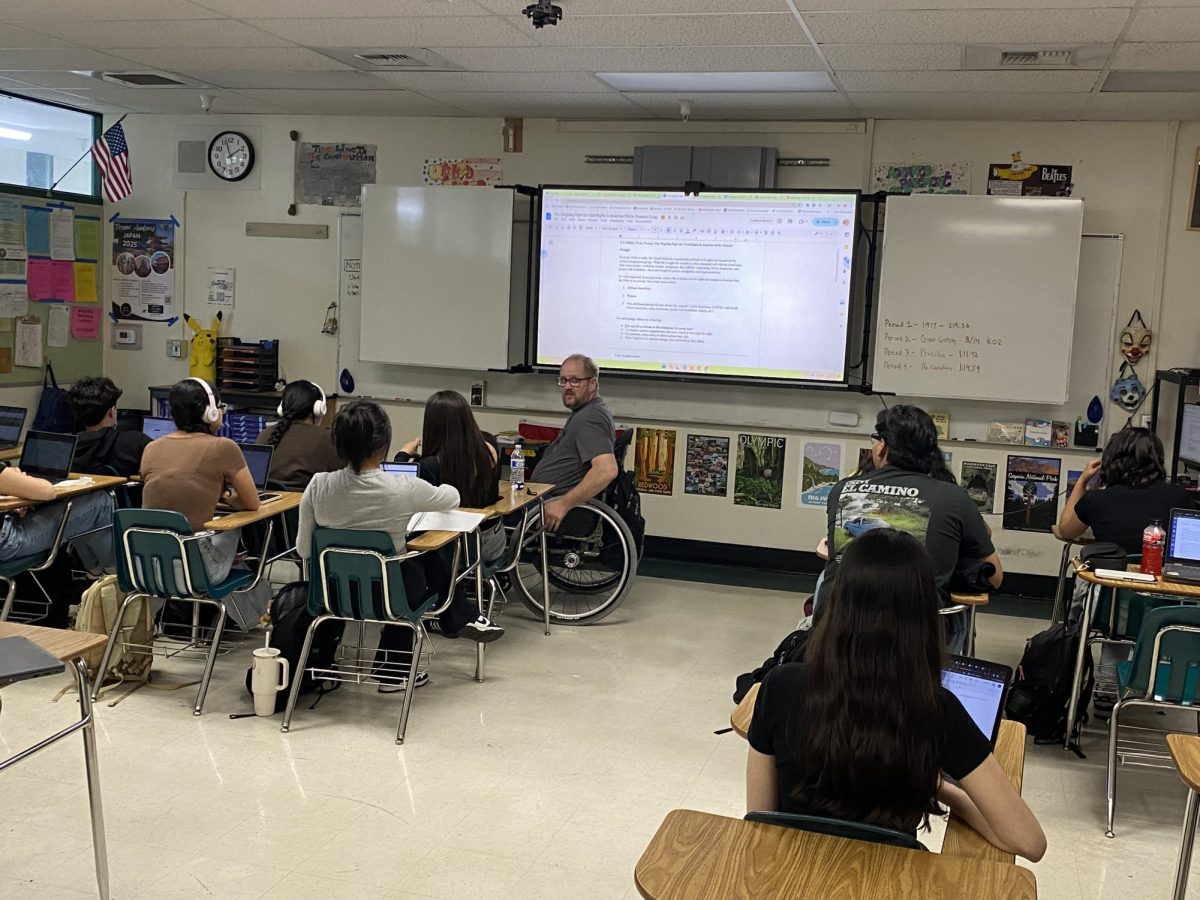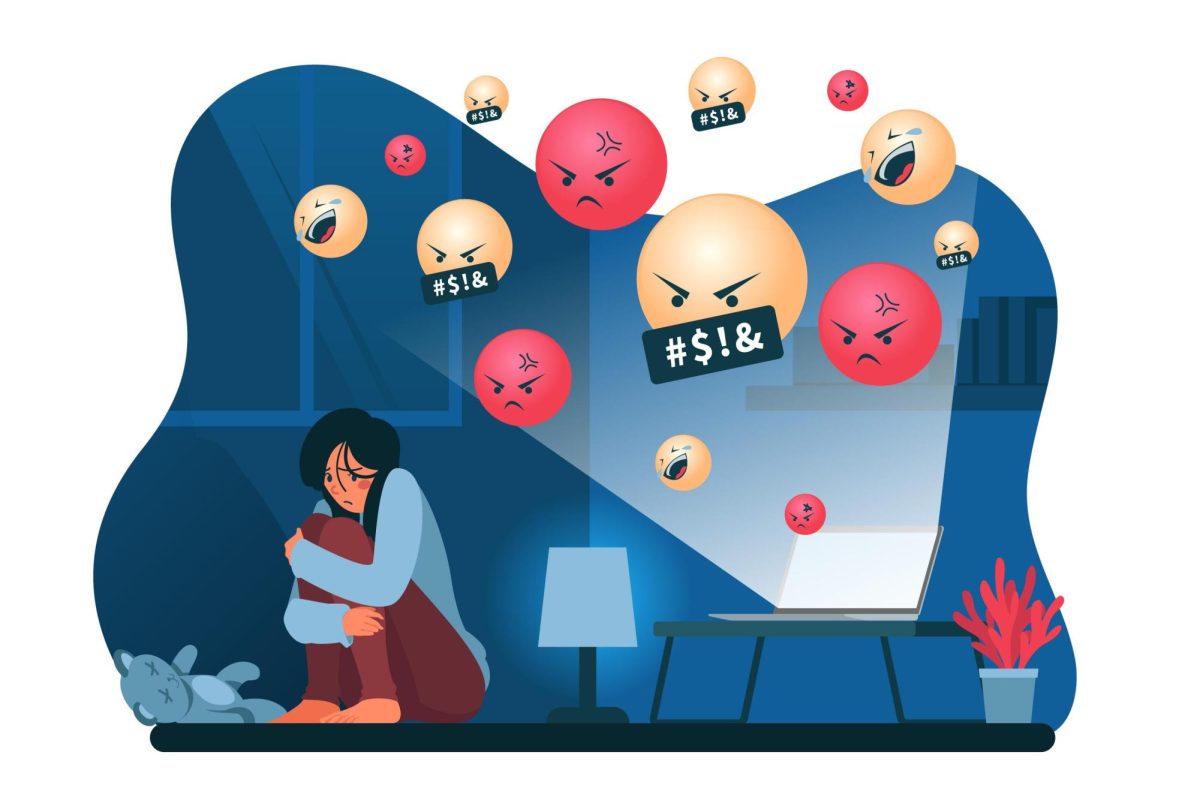Bullying has been around and known for as long as we can remember. In the current state of the world we are in, where social media rules, bullying has evolved and taken a new form, cyberbullying.
Teenagers and people in general in this era are ruthless, and apparently, physical or in-person bullying isn’t enough for them. Cyberbullying is a real and serious thing that is often disregarded in society. It isn’t always calling someone names through texts but spreading rumors and false information that can affect someone’s life and reputation. There have been countless cases of cyberbullying happening between students which affects their self-image and how they are treated in school.
In a 2017 article in Upfront, Should Schools Punish Off-Campus Cyberbullying?, most states in the US have passed laws that allow staff members to punish students who partake in any form of online harassment or cyberbullying. This requires teachers and staff to investigate and discipline ALL forms of bullying and even to notify law enforcement when appropriate.
However, it can be tricky to punish cyber-bullies, especially when it happens outside of school and not within school property. The act of punishing cyber-bullies or bullies in general, has been challenged by free speech advocates who say that schools should not restrict a student’s right to freedom of speech. An example of this would be the Supreme Court case Tinker v. Des Moines where it was deemed appropriate for schools to restrict students’ freedom of speech if the acts in question would “materially and substantially interfere” with school operations.
An example of cyberbullying happened at the beginning of the school year on Instagram and targeted the junior class. This account posted pictures of Alisal students along with offensive captions and accusations against them.
This incident was reported to the staff and was dealt with by Assistant Principal Tiffany Ayala. When she was informed of the issue, she immediately held interviews with the students involved and got everyone the help that they needed. Information regarding the person running the account and their identity was kept confidential, but Ayala said that it was dealt with. “It’s easy and cowardly to bully behind a screen in my opinion,” Ayala said. However, while wanting justice to be served, she also believes that the person labeled as the bully should also be taken into consideration and should be helped because there could be an event or situation that they don’t want to open up about that could be affecting their behavior. “We need to be kind to each other,” she said.
Cyberbullying awareness has had more attention in the past couple of years, but its effects are still underestimated. When idly dealt with and ignored, it can push people to do horrific things like self-harm and even suicide, so any incidents need to be reported immediately. Cyber and traditional bullying affect not just teenagers, but even children. If you experience or witness any form of cyberbullying, it is important to collect proof such as screenshots and text messages, so it can be properly dealt with and stopped.
If you or someone you know is being bullied or needs help, speak to a teacher/counselor or call 1-800-273-TALK or 988.


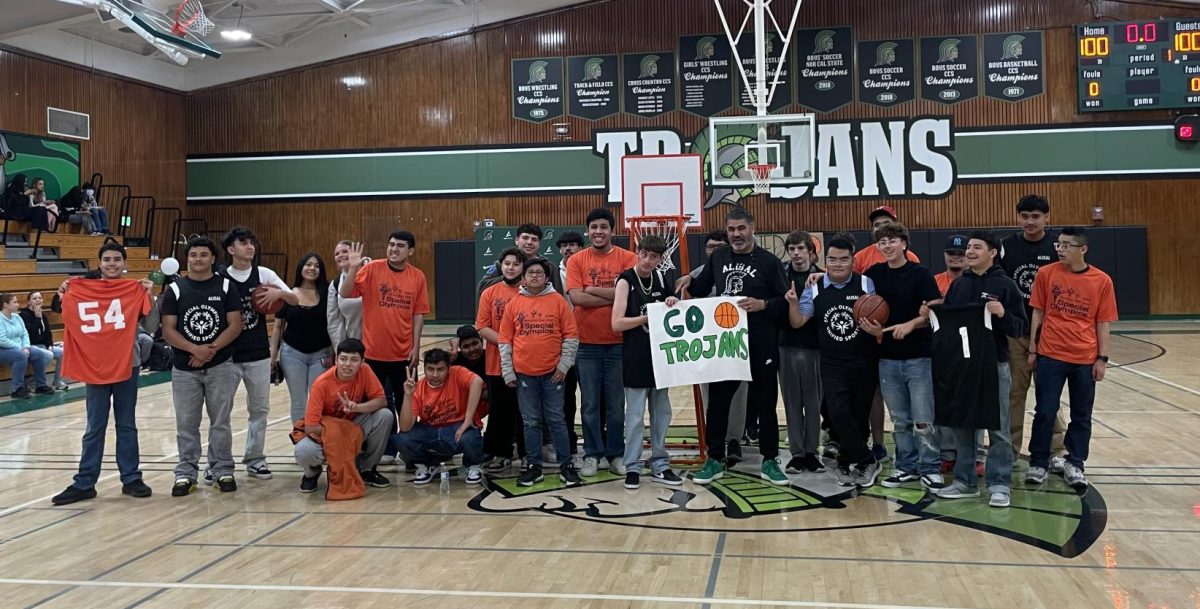


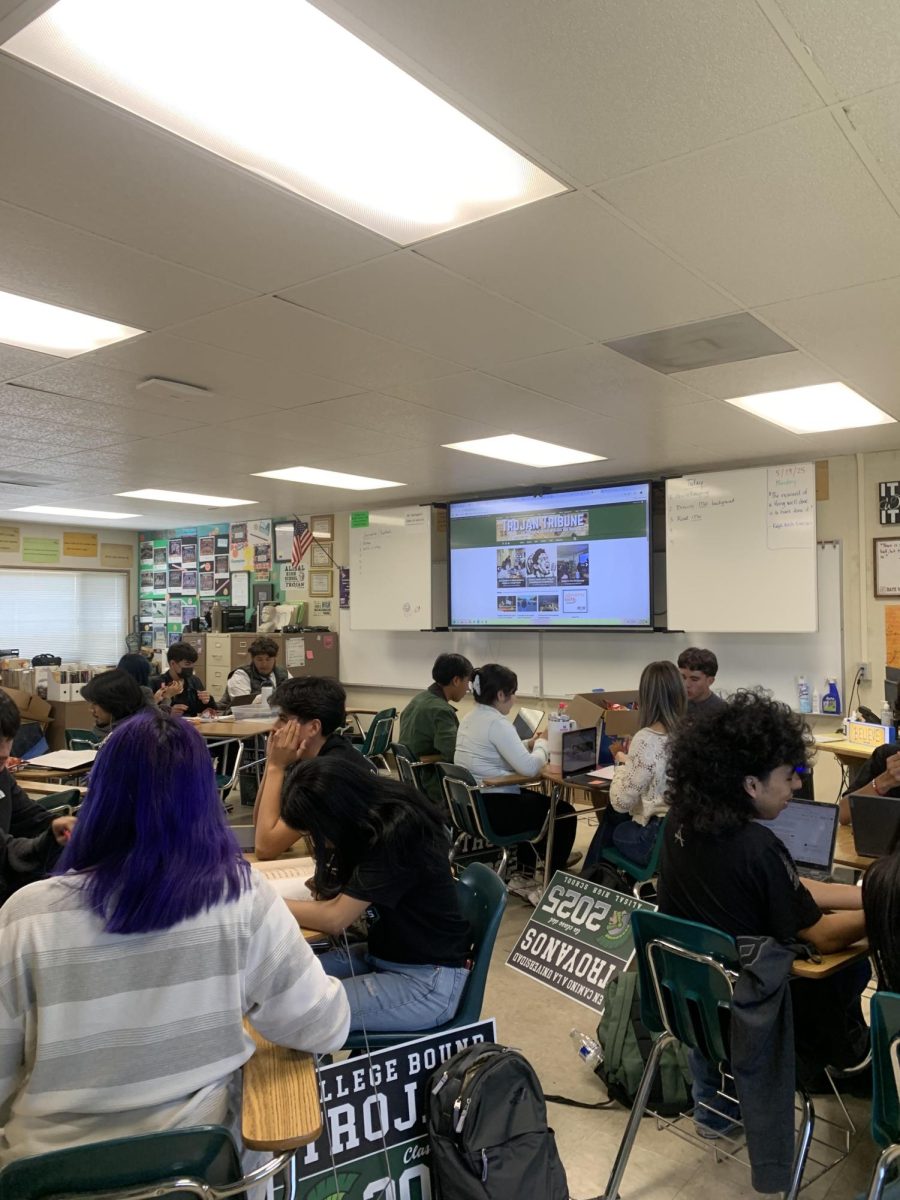
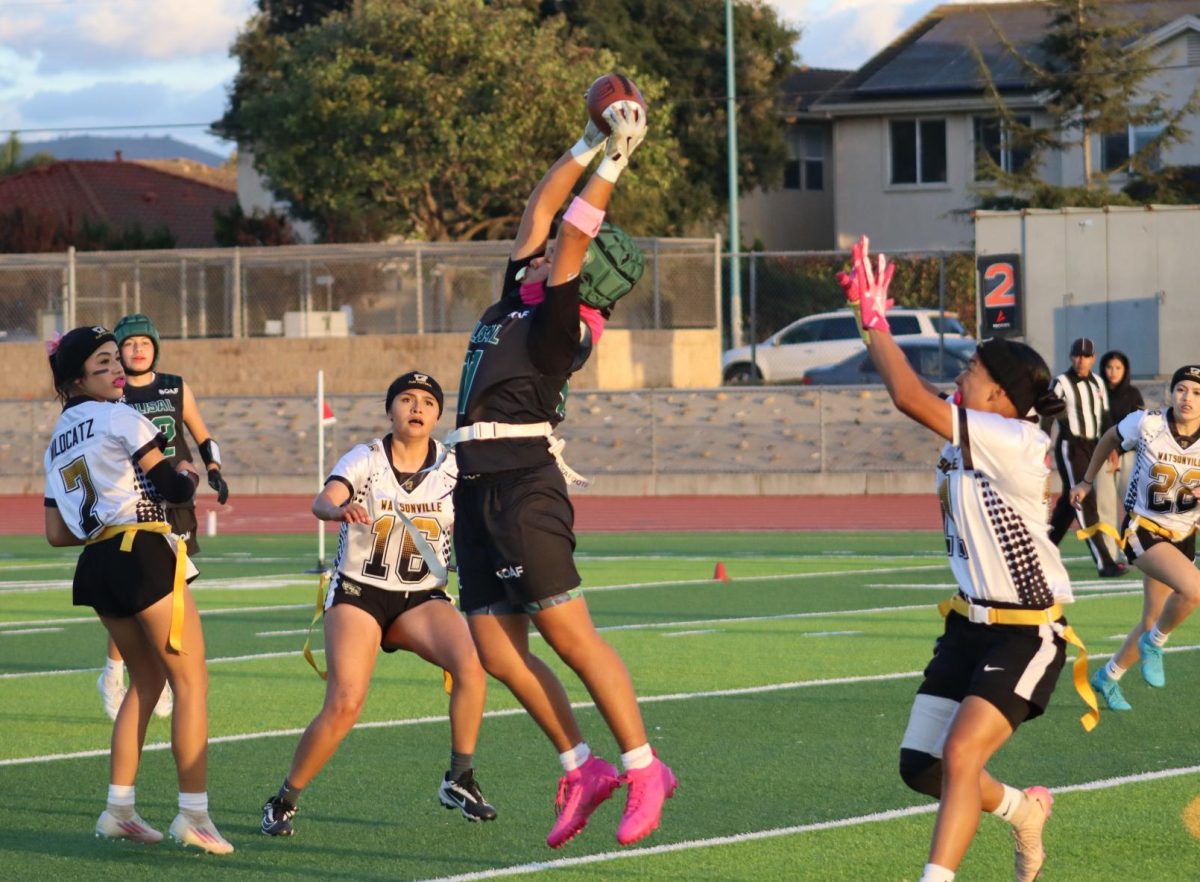
![Senior Jayden Duarte dives across the goal line for one of his five touchdowns in a dominant 62-40 victory over Monterey. It has been a highly successful season for Duarte, and he credits his coaches for putting him in positions to succeed and make key plays. “The goal is to help wherever the coaches need me, receiver, running back, [and] DB,” he said.](https://alisaltrojantribune.com/wp-content/uploads/2025/10/IMG_3599-2-1200x800.jpg)




